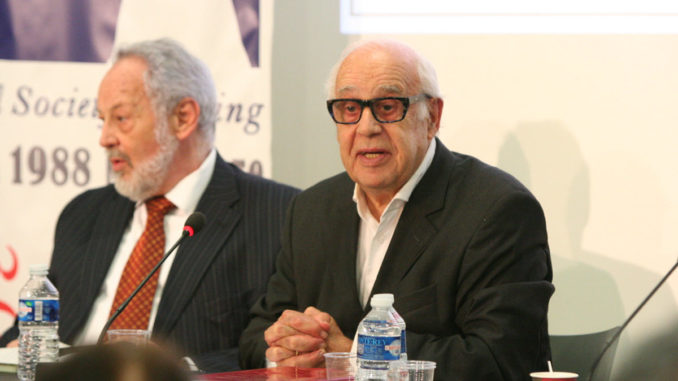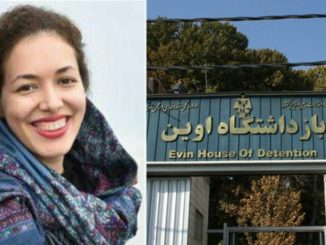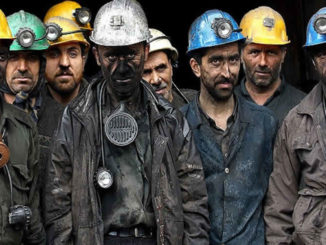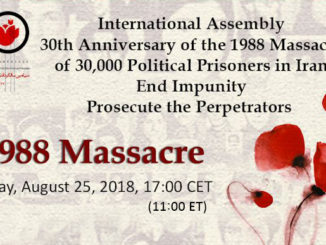
NCRI – The Vice-President of the Advisory Committee to the United Nations Human Rights Council has said that a commission of enquiry into the 1988 massacre in Iran needs to be set up. Jean Ziegler said that a special tribunal needs to be established so that Iran’s impunity with regards to this crime against humanity is put to an end. His comments came during a civil society hearing in Geneva on 1st February in Geneva.
Witnesses and experts spoke at the hearing and presented testimonies, statements and advice. They said that it is up to the United Nations to intervene and take action so that Iran’s impunity does not continue any longer. As well as Iran’s impunity with regards to the horrific 1988 massacre, the Iranian regime is still continuing to commit other crimes against humanity. The speakers mentioned in particular the current wave of arrests and torturing to death of protesters in jail in the aftermath of the widespread protests and anti-government demonstrations that started at the end of December last year.
He said that his committee has been called, on numerous occasions, to act following the crimes committed by the regime in Iran for the past 39 years. He said that the hearing was to remember and commemorate the 33,000 Iranians that lost their lives during the 1988 massacre. He said that they were also gathered on this day to discuss how to put an end to the impunity that it is still benefiting from. He wants to bring the regime to justice and described its impunity as “scandalous”.
He offered his condolences to the families of those who died in 1988, to the survivors of the massacre and to all those that have been victims of the Iranian regime over the years.
Ziegler indicated that the situation in Iran has changed because the people have spoken out again in a popular uprising. He also pointed to the young people of Iran – a new generation – that has bravely risked their lives, torture and arrest to speak out against the rising prices, against the economic misery and against the corruption of the mullahs. What has sparked their discontent is the injustice of the 1988 massacre. The people are calling for freedom, democracy, respect of human rights, and they are spurred on by the heroic example of the 1988 martyrs.
Ziegler spoke about Dr. Kazem Rajavi – the renowned human rights advocate that made it his life’s mission to defend human rights in Iran. He was Iran’s first Ambassador to the United Nations headquarters in Geneva after the 1979 Iranian Revolution but soon resigned as an act of protest to the terrorist and repressive actions of the Iranian regime. After this, his campaign against the Iranian regime’s executions, torture and arbitrary arrests intensified. Ziegler said it was impossible for him to speak at such an event and omit to mention the bravery of Rajavi who was assassinated by the cruel regime only a few dozen kilometres from Geneva.
Speaking about how the regime’s impunity can be put to an end, Ziegler said that the West must mobilise and call for it. It must stop putting commercial and economic motives before human rights.
In order for there to be a commission of inquiry, he explained, those who were involved and responsible for the crime against humanity must be identified – on all three levels. Firstly, those who were members of the so-called death committees that the Supreme Leader set up. Secondly, those that actually carried out the hangings and executions, and finally, those that ordered the mass murders who are still in positions of authority today.
He concluded his speech by saying that the United Nations must ensure that a special tribunal is created so that the regime’s impunity ends.




